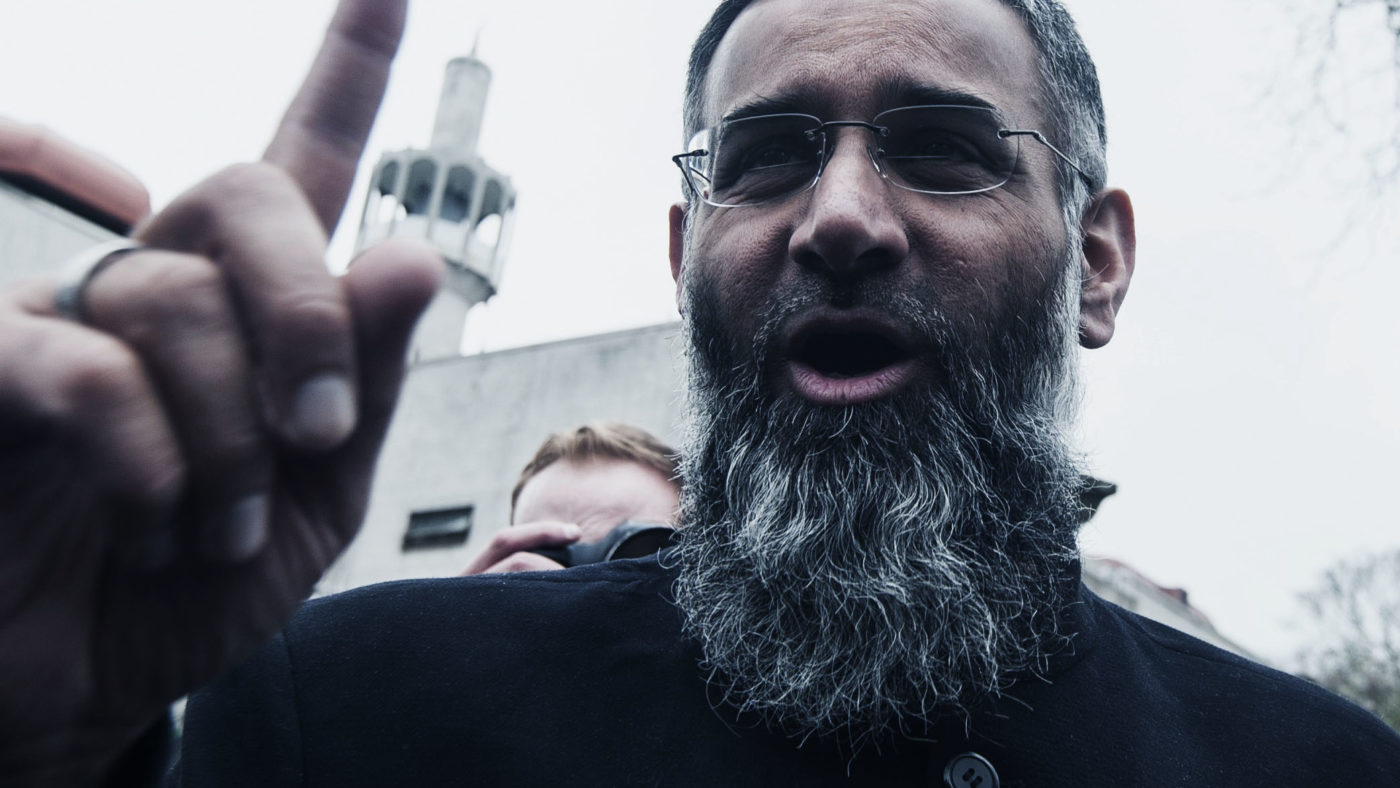Anjem Choudary, the high profile Islamist extremist convicted under the Terrorism Act for encouraging others to join the Islamic State, is due for release, having served half of his five-and-a-half year sentence.
He will complete the rest of it under supervision in the community. While there hasn’t been any official confirmation, it seems fairly certain that he spent at least some of his time in custody in the newly minted Separation Centre inside the high security HMP Frankland.
When I first recommended the creation of separation units for highly subversive extremist prisoners in 2016, the idea was given a hostile reception from the upper echelons of the Prison Service and many criminologists. The recommendation was contained in my independent review of Islamist Extremism in English and Welsh prisons for Government. It was in response to our findings of a serious, unchecked and growing threat posed by jailed radicalisers in close proximity to their potential recruits.
Much irresponsible reporting and sometimes wilful misunderstanding accompanied the Government’s announcement that they had accepted this recommendation. The broadsheets spoke of ‘terrorist wings’ or ‘jihadi jails.’ The red tops screamed: ‘Guantanamo UK!’ ‘Universities of extremism’ opined lofty academics with little or no practical experience of the hazards of contemporary terrorism or the problems it created in an already badly disordered prison system.
The truth is a bit less fevered. After much consideration, my expert team and I decided that the least worst way of containing the very real threats posed by actively subversive terrorist prisoners was to use intelligence to identify them and then completely incapacitate them from trying to radicalise others. The process of grooming a future generation of terrorists was going on with little opposition or even awareness across swathes of our prison system.
This was being directed and encouraged by a relatively small number of very charismatic extremist prisoners who were influencing or mobilising established gangs. The ‘controlling minds’ should be weeded out to break this hold and therefore reduce the risks of terrorist incidents either taking place inside prisons or being organised from within them.
Choudary’s selection for separation has been widely reported and is consistent with the ethos of the units. His offence relates directly to proselytising Islamist ideology outside the walls of the prison. He is widely believed to have motivated at least 100 people to become involved in terrorism according to intelligence reports disclosed during his trial. This included Michael Adebolajo, one of the men convicted of the brutal murder of Drummer Lee Rigby in 2013.
The anti-extremism organisation Hope not Hate described his uniquely dark contribution to violent extremism thus: “In the six months following the creation of the Islamic State, Choudary was its biggest cheerleader in the English-speaking world and the network he helped create became the largest recruiter for IS in Europe.”
When I carried out my extremism review, many prison professionals I spoke with pointed to the intense narcissism which seems to be a recurrent feature of high-profile extremist terrorists. This chimed with my own experience of key loyalist and republican terrorists in Northern Ireland.
Moreover, the hate preacher and his audience seem to have a mutually reinforcing psychological dependence on each other. Separation breaks that link and we believed it could also create the possibility for change for even the most ardent radicalisers, deprived of the oxygen of notoriety and hero-worship from violent and credulous acolytes.
It’s hard to follow a ghost. It’s even harder not to be followed. The ‘cognitive opening’ created by disrupting this unhealthy relationship might be enough to herald profound change with support from staff and other professionals. Wishful thinking perhaps, but we are still writing the book on extremism and are close to clueless about what might bring about long term disengagement.
A recanting terrorist is worth a thousand security officers. What is certain is that we will need to be imaginative and take risks to counter a pernicious death cult ideology which has claimed tens of thousands of lives worldwide and directly threatens us.
There is probably little chance of this process having worked to change Anjem Choudary. His notoriety might well have rendered him impervious to change and in any case the separation units are so new that they will only be the start of a long process of developing a culture, ethos and interventions which might challenge such malignant and grandiose self-regard.
It is likely that Choudary will continue to represent a serious threat to public safety and order when he is released. The Prisons Minister Rory Stewart has said that Choudary remains “a danger to us all”. However, it is possible that, back in the public eye, the restrictions placed on him could actually magnify that danger if misapplied.
In this country, unlike many in Europe, the state has a monopoly on the management of terrorist offenders after custody. Good systems such as the Multi-Agency Public Protection Arrangements exist but they were not designed to manage the threat posed by terrorist offenders in the digital age. It seems inconceivable that any of the processes available to assist with the reintegration of offenders in the community will be applicable in his case. The most likely scenario is that he will break some of the many punitive constraints put around him on his licence and be returned to custody, freshly martyred to the cause. This would not be a successful outcome.
We need people like Choudary to disappear from public consciousness. Separation in custody is one way of making this happen by controlling risk and enabling the possibility of a journey to disengagement from hateful beliefs where offenders have the space and time to consider new and different ways of living. Beyond the prison gates, in the full glare of publicity with someone who craves infamy with the infidels, is another matter entirely. The powers that be have their work cut out for them.


